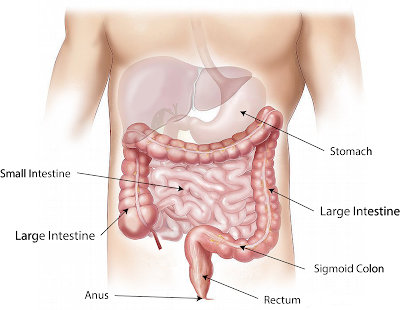When should a liver transplant be considered?
If liver disease is not brought under control, it can lead to liver failure over a while. There are many symptoms and complications associated with liver failure. These include esophageal varices, which cause severe bleeding, hepatic encephalopathy, a decline in brain function that causes confusion and loss of focus, etc., and swelling in the abdomen and legs. In some cases, the liver disease becomes so far advanced that it may affect the kidneys, the lungs, heart, and brain. In such cases of severe liver failure, a liver transplant is the only option.
Read Also கோவிட் -19 உடன் எனது அனுபவம்
How is a liver transplant done?
The treatment involves surgical removal of your entire liver. It is then replaced with all, or part, of a healthy donor liver. This may come from a living or deceased donor.
Benefits of an elective liver transplant
· It can lead to a better quality of life
· There will be less related complications
· Provides ample time to get a good match or find a donor
· Faster recovery due to fewer complications
It is better to do a liver transplant as an elective surgery rather than an emergency surgery for a positive outcome.
How is a liver transplant done?
The treatment involves surgical removal of your entire liver. It is then replaced with all, or part, of a healthy donor liver. This may come from a living or deceased donor.
Benefits of an elective liver transplant
· It can lead to a better quality of life
· There will be less related complications
· Provides ample time to get a good match or find a donor
· Faster recovery due to fewer complications
It is better to do a liver transplant as an elective surgery rather than an emergency surgery for a positive outcome.






No comments:
Post a Comment